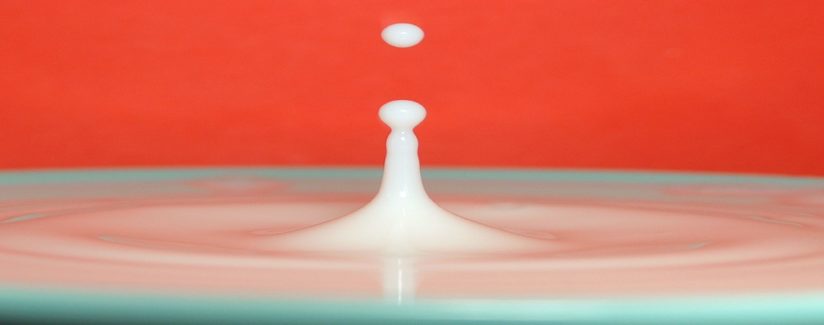
How Much Vitamin D Do You Need?
Are you getting enough vitamin D in your diet? Worldwide, an estimated 1 billion people have inadequate levels of vitamin D in their blood. Why is this such a big concern? There has been sufficient research in the past few years suggesting that vitamin D plays a much broader chronic disease-fighting role than once thought. A deficiency in this crucial nutrient may raise the risk of heart disease, obesity, depression, osteoporosis and even some cancers. So what exactly is vitamin D, what are some of its benefits, and what types of foods is it found in? We asked Best Food Facts registered dietitian Sarah Downs, MBA, RDN, to tell us more.
What exactly is vitamin D and why is it important?
Vitamin D is both a nutrient that we eat and a hormone that our bodies produce. It is a fat-soluble vitamin that is naturally present in very few foods, added to others, and available as a dietary supplement. The body also manufactures vitamin D from cholesterol, through a process triggered by the action of sunlight on unprotected skin (be careful to avoid extended exposure to sunlight without sunscreen; 5-15 minutes — depending on skin pigment — each day is all you need). Vitamin D helps ensure that the body absorbs and retains calcium and phosphorus, which are both important for building bones and helping protect against the loss of bone mass. Vitamin D has also been shown to help with cell growth, reduction of inflammation, and neuromuscular and immune function.
How much vitamin D do you need?
The chart below shows the recommendations put forth from the Institute of Medicine in 2010; however, many vitamin D experts argue that these recommendations are not enough. The best sources of vitamin D are from sun exposure and foods containing vitamin D.

There are also several groups who are at risk of vitamin D deficiency for a number of reasons, and they may require a dietary supplement to meet their needs. These groups include:
- breast-fed infants
- older adults
- people with limited sun exposure
- people with dark skin
- people with inflammatory bowel disease and other fat malabsorption conditions
- people who are obese or who have undergone a gastric bypass surgery
It is important to have your doctor check your vitamin D levels annually to make sure you are not deficient.
What foods contain vitamin D?
There are three ways to get vitamin D:
- from the sun
- from your diet
- from supplements
Very few foods contain vitamin D naturally, but many foods are fortified with vitamin D.
So which foods naturally have the best source of vitamin D?
- salmon
- mackerel
- mushrooms (if grown under UV lights)
Other foods that contain vitamin D include:
- cod liver oil
- canned tuna or sardines
- milk or yogurt that has been fortified with vitamin D
- beef or calf liver
- egg yolks
- cheese
Be sure to check the Nutrition Facts label for vitamin D content.
The image “Symetrique” by fdecomite is licensed under CC BY 2.0.


























